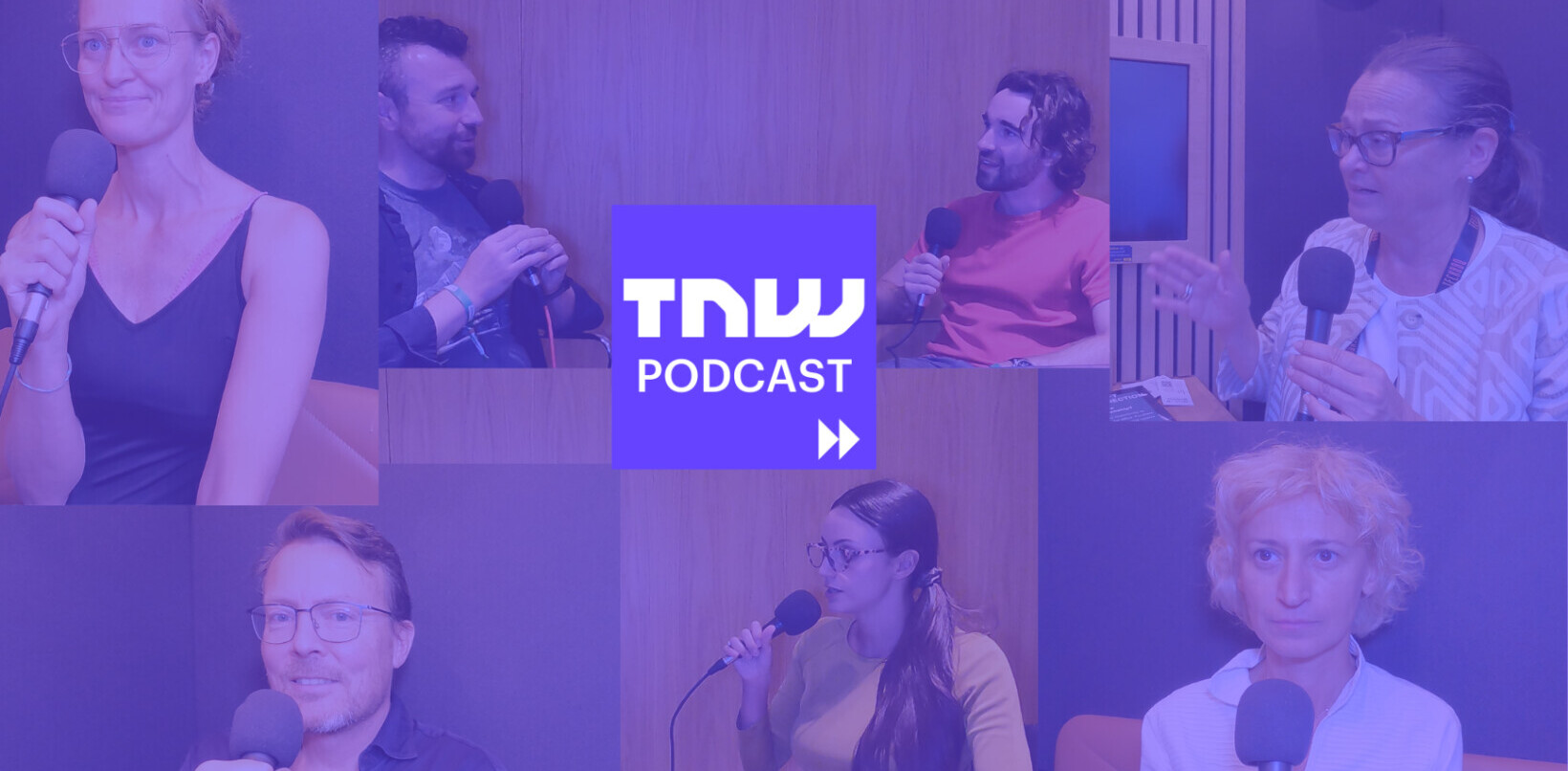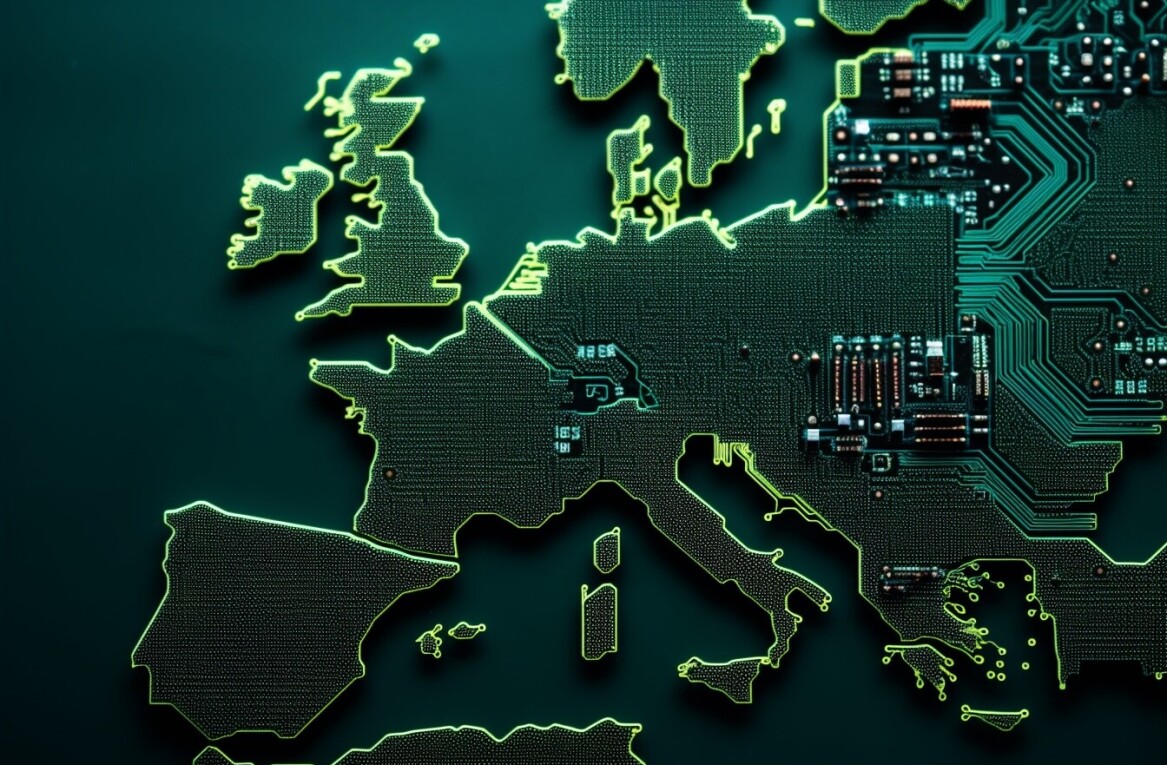
World leaders are currently congregating in Davos, Switzerland, for the 2012 World Economic Forum Annual Meeting, as they try to find ways to kick-start the global economy.
Two studies released at the forum profess to offer a glimmer of hope, and as you might’ve guessed, the Internet is at the heart of it.
The first of the reports, The Boston Consulting group’s (BCG) Digital Manifesto, predicts that the world’s top twenty Internet economies, covering the G-20 countries, will hit $4.2 trillion by 2016, which is around double 2010’s value.
One of the biggest drivers of this growth will be the rise in the number of Web users, with BCG’s report forecasting that three billion people will be tapping in to the World Wide Web by 2016. That’s nearly half (45%) of the world’s population, and double the 2010 figure.
Whilst many of the more developed countries are already seeing Internet-uptake levels beginning to plateau, the rise of emerging markets and the popularity of mobile devices is expected to see the economic impact of the Internet fully realized.
The Digital Manifesto: How Companies and Countries Can Win in the Digital Economy, notes that businesses will be “fundamentally transformed” over the next five years, and urges businesses and countries to take action. Part of this constitutes what it calls a “digital balance sheet”, which – if created – would offer an agenda for chief executives and policymakers to build their “digital advantage”.

“No company or country can afford to ignore this development. Every business needs to go digital,” said David Dean, a co-author of the BCG report, and a senior partner at the company. “The ‘new’ Internet is no longer largely Western, accessed from your PC. It is now global, ubiquitous, and participatory.”
A second report, was released by McKinsey & Co. at the World Economic Forum today, and noted that the Internet is already benefiting a plethora of countries outside the so-called ‘developed world’. It says that the Internet contributes an average of 1.9% of GDP across 30 countries in the developing world and generated almost 2 million jobs alone in six countries: Hungary, Malaysia, Mexico, Taiwan, Turkey, and Vietnam.
Both reports released today are the culmination of more than a year’s work by the two companies, an initiative that was funded by Google, though conducted independently.
“Understanding the economic potential of the Web is crucial, especially given Europe’s current economic challenges.,” said William Echikson, External Relations at Google in Brussels. Meanwhile, check out Google’s video: Single Market Opportunity 2012: Getting Europe’s SMEs Online
Get the TNW newsletter
Get the most important tech news in your inbox each week.





